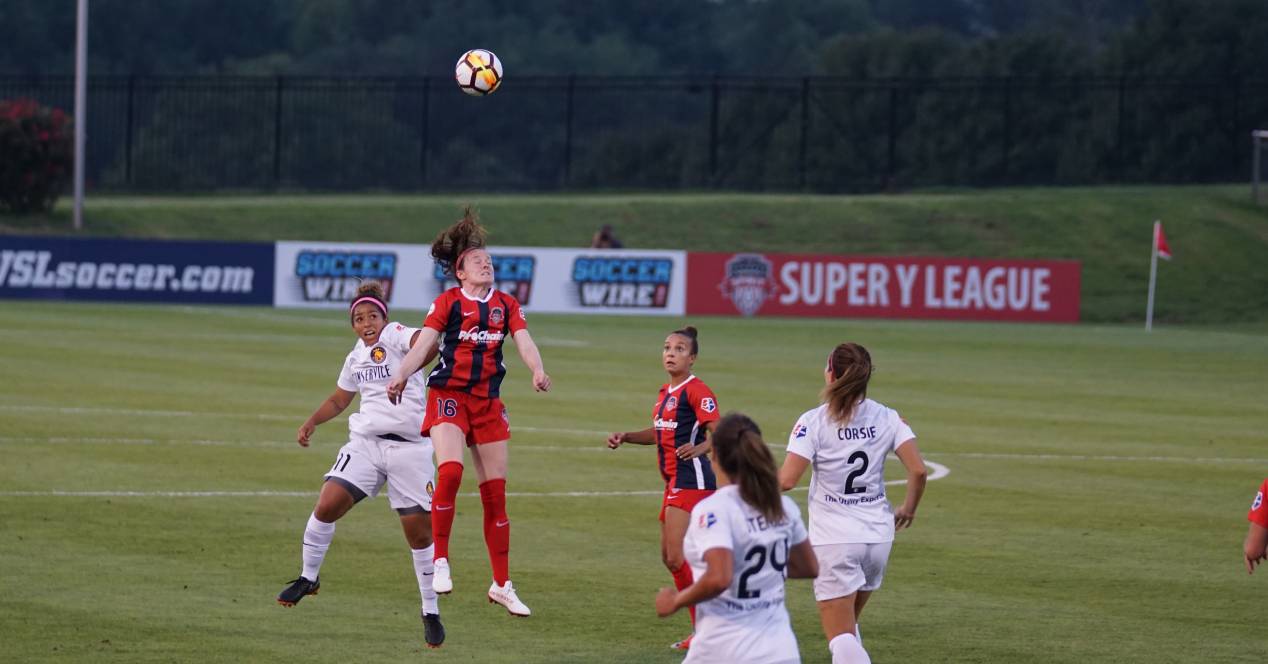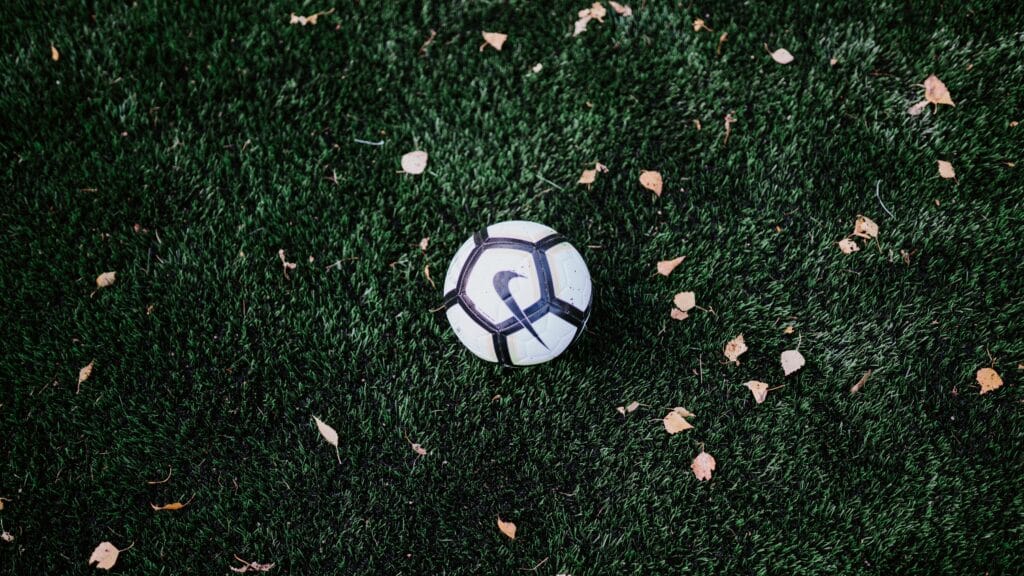
We have all received a ball and we know the momentary pain it produces. Soccer players are used to training with balls that hit their heads to finish off a play or clear.
Now a recent study alert that soccer balls should be sold with health warnings about their link to dementia. Willie Stewart of the University of Glasgow said we should "start talking" about banning matches for children and amateur footballers, an idea also raised by former football professionals.
Soccer balls, the main causes
Current data suggests that soccer balls should be sold with a health warning stating that repeated soccer ball heading may lead to an increased risk of dementia.
Experts wonder if it is really necessary to hit the ball with the head to play. Perhaps this touching could be prohibited as that of the hand? The footballers have the full support of neurologists, doctors and all medical support. One only has to read the new research carried out by Professor Stewart's team, which found that professional footballers who play defense have five times more likely to develop dementia than the general population.
Defensive footballers suffer repeated blows to the head, mainly due to headers from leather balls and collisions with other players. However, goalies are not as likely to develop the neurodegenerative disease, according to the study. The researchers said the risk varies by position and length of soccer career, but not by the season in which they played.
The new findings also show that neurodegenerative disease diagnoses increased as a function of career length, with a five-fold increase in those with the longest careers (over 15 years). Although the balls are lighter, they now travel faster and can deal even more damage as a result.

Dementia varies according to the position of the footballers
In January 2018, an investigation was launched by the University of Glasgow to address fears that heading the ball may be related to brain injuries. The long-awaited study, commissioned by the Football Association (FA) and the Professional Footballers' Association (PFA), began after claims that former West Brom striker Jeff Astle died due to a repeated head trauma. Professor Stewart, a consultant neuropathologist, also wanted to know whether the risk of neurodegenerative disease varied by player position, length of career or season of play.
The results showed that the goalkeepers they had a risk similar to that of the general population of developing dementia. However, the risk for outfield players was nearly four times higher and varied by player position, with the highest risk among defenders, about five times more.
The new findings also show that diagnoses of neurodegenerative diseases increased as a function of duration of a race, ranging from a doubling of risk in those with the shortest careers (defined as less than five years) to around five times as much in those with the longest careers. (more than 15 years).
The evidence is clear that the most prominent risk factor for neurodegenerative disease in soccer is exposure to head injuries and head impacts. The scientists comment that a precautionary approach should be taken to reduce, or eliminate, exposure to unnecessary head impacts.
The latest investigation comes a few days after English football announced pitch restraints between adults for the first time, and professional players are now limited to 10 "higher force" headbutts per training week. The guidelines will apply from the Premier League to the grassroots from the start of the 2021-22 season. Elementary school kids are already banned from practicing pitching entirely.